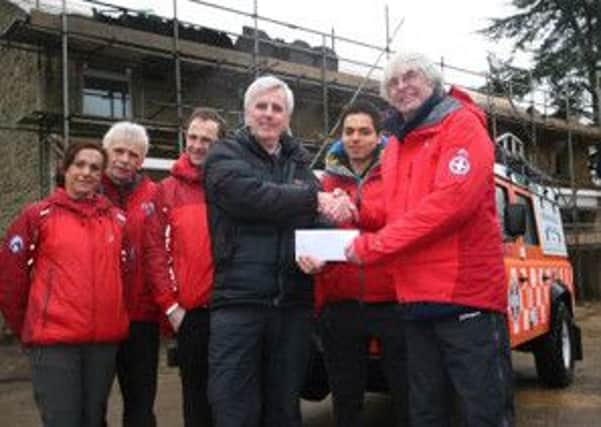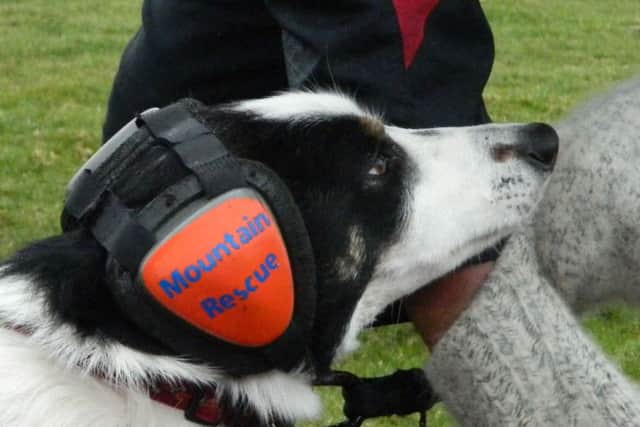Know what to expect - be prepared and stay calm


The annual race based around Kettlewell is recognised as a true test of fell running abilities attracting runners from all over the country. This year’s event is on October 22.
With Easter now behind us we expect more people out in the Dales with the resultant increase in our rescue call-outs.
Advertisement
Hide AdAdvertisement
Hide AdSeasoned outdoors people tend to know what to do in an emergency but from our experience many others do not know how to get help.


Often in that fraught time immediately after an accident we find that some people call the ambulance service rather than the police and then don’t always inform the ambulance despatcher about the remoteness or inaccessibility of the site where help is needed, clearly delaying our involvement.
The correct way to seek help is to dial 999 or 112 and ask for the Police and then Mountain or Cave Rescue.
You must try to stay calm. Once you have contacted us you can take it that we will take over and we will find you.
Advertisement
Hide AdAdvertisement
Hide AdThe more knowledge you give us the quicker we will get there. So, before you ring you need to have the relevant information we need clear in your mind. Mountain Rescue Teams have a standard tried and tested format we call a Chalet - Casualties, Hazards, Access, Location, Equipment, Type - report.


Casualties – number, names, age if possible, type of injuries, for example lower leg, head injury collapse, medical condition, drowning etc
Hazards – to the rescuers – for example , strong winds, rock fall, deep or fast water
Access – try name the area or valley and describe the terrain, any features we can pick out either natural or your equipment such as an orange survival bag, Information on the weather conditions particularly if you are in cloud or mist
Advertisement
Hide AdAdvertisement
Hide AdLocation - a grid reference as well as the map sheet number is clearly ideal
Equipment – for example, torches, other mobile phones, group shelters, clothing, food, drink ,medical personnel within the group
Type of incident – be prepared to give a brief description of the time and apparent cause of the incident.
We will help you with the information we need to get from you. If you are using a mobile phone you must then stay by the phone and as such where you have a signal and you must keep the phone clear so you can be called back.
Advertisement
Hide AdAdvertisement
Hide AdMany incidents occur towards the end of the day when both you and your phones are low on energy so make sure the phones are fully charged before setting off.
Mountain rescue volunteers will always respond to emergencies but a good number are in fact avoidable with proper preparation and have the potential to then compromise other life-threatening emergencies.
So, before calling us out please ask yourself the question - is this really an emergency?